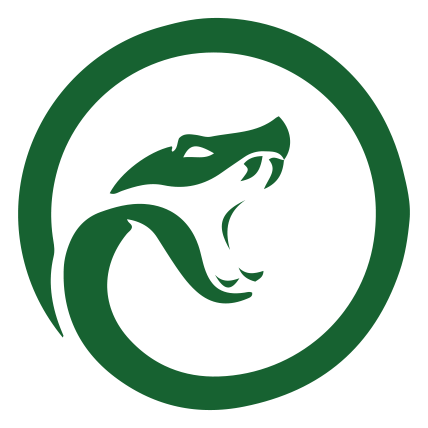Middle School

Middle School Math
The Virtual Learning Academy math department strives to provide students with opportunities to become lifelong learners in a technologically changing world. When students are able to make connections and explore math concepts rather than simply memorize procedures they are able to develop a strong conceptual basis that leads to greater mathematical understanding. By focusing on critical thinking, mathematical reasoning, collaboration, and problem-based investigations, students are prepared for real life situations, as well as for study in other areas of education. Students do not learn mathematics just by “doing” – they learn by thinking about what they are doing. (Speer & Brahier, NCTM, 1995)
Language Arts
In English 6, 7, and 8 we strive to foster a love of reading and an appreciation of literature through the study of literary elements in classic and contemporary selections. Students will learn to apply critical reading and reasoning skills in all genres as well as nonfiction and in content area reading across the curriculum. Students will build on the foundation of writing skills developed in previous grades and continue to grow as proficient writers.
Students will continue the process of becoming independent with sentence formation, usage, and mechanics and understand that the conventions of language help convey the message from the writer to the reader. Vocabulary and language study are also an important part of the English curriculum and students will increase their repertoire of language to enhance both reading comprehension as well as writing.


Middle School History
Our goal is to bring History alive for our students as we educate them on the foundations of our country, civics and economics. Our goal is to help students connect to important events in our history, and to realize how our past affects the present. In the sixth grade, students study U.S history up through 1865. The seventh grade year covers U.S. history from 1865 to the present. Students in their eighth grade year will study Civics and Economics. We hope to create a love of history in all of our students!
Middle School Science
The Science program at The Virtual Learning Academy offers two distinct tracks for learning, traditional and accelerated. Both tracks provide an opportunity for a variety of learning styles to develop an understanding of the science concepts outlined by the Virginia Standards of Learning.
The traditional track has students in the sixth-grade covering the following topics. Scientific Process, Energy, Weather, Astronomy, Environment, Water, and Matter. Seventh-grade students cover the Life Science curriculum of Scientific Processes, Cells, Life Processes, Ecosystems & Populations, Genetics, and Natural Selection. Eighth-grade students study Physical Science. The topics covered include: Scientific Processes, Atoms and Matter, Energy, Waves, Electromagnetic Spectrum, Work, Force, Motion, Electricity & Magnetism. Students will take the VA state SOLs testing all three grades level Science SOLs at the end of their eighth-grade year.
The accelerated track has students complete all three grade levels of Science within their sixth and seventh grade years. In sixth-grade the students will primarily cover the life sciences and part of the sixth-grade curriculum. In seventh grade, they will focus on physical science concepts and the remaining sixth-grade curriculum. At the end of the seventh-grade, students will take the Virginia eighth-grade Science SOL. In the eighth-grade, students will take Earth Science high school credited. Upon completion of that year students will take the high school VA Earth Science SOL. Units of study include: Scientific Processes, Astronomy, Minerals, Rocks, Natural Resources, Plate Tectonics, Geologic Processes.

